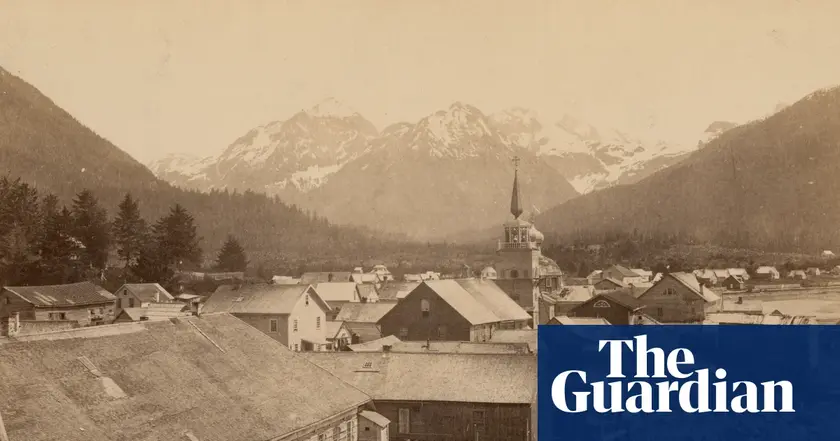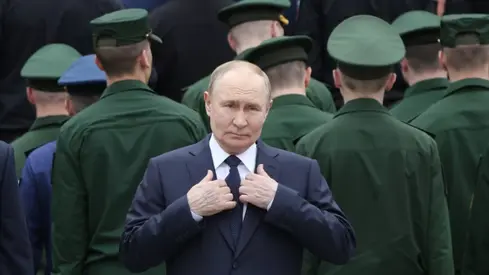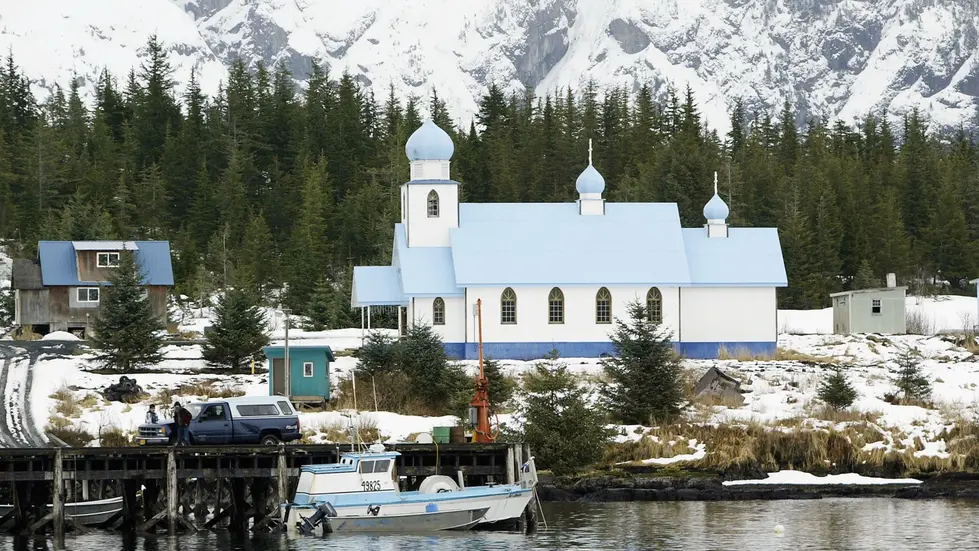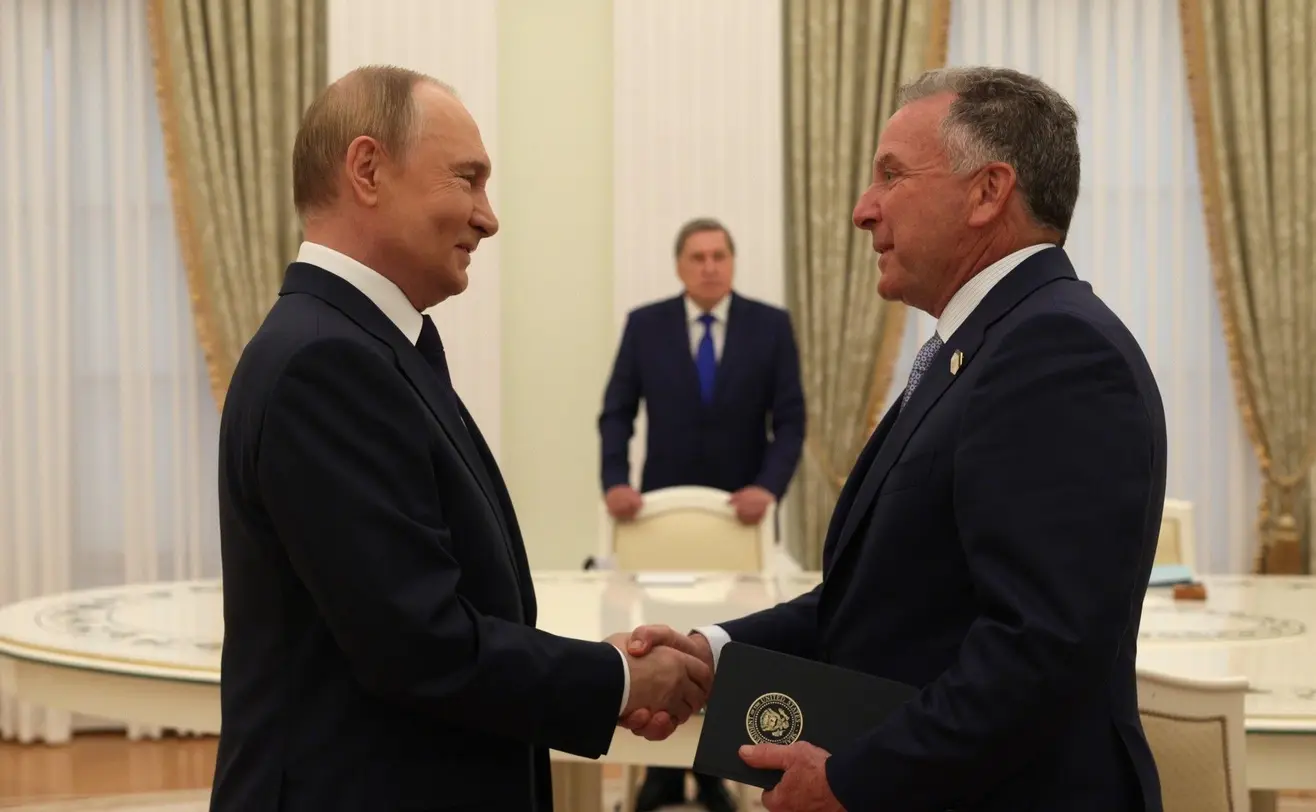T4K3.news
Putin Trump summit backdrop
Alaska's history shadows this week's talks as leaders meet in a place tied to a distant bargain.

A historic 1867 sale of Alaska colors the backdrop of this week's Putin Trump summit in Alaska.
Alaska sale legacy shapes Putin Trump summit
The sale of Alaska in 1867 for 7.2 million dollars settled sovereignty questions around a distant coast but drew sharp reactions in both capitals. In St Petersburg some viewed the transfer as an embarrassment, while critics in the United States called the price too low for a territory with growing potential. Even today, Alaska carries the imprint of that era, with Baranof Island shores and Sitka’s Russian Orthodox churches offering a visible reminder of a distant empire.
Ahead of the summit, the setting underscores how history can shape present diplomacy. The moment invites readers to see how a historic bargain can influence expectations and public memory, even as current policy faces new challenges in Europe and the Pacific. Kyiv watchers hope the warmth between Moscow and Washington does not come at Ukraine’s expense, and that diplomacy stays a path forward rather than a banner.
Key Takeaways
"The cession of Russian Alaska becomes a matter of great importance."
New York Herald, 1867; framing the sale at the time.
"We may make a treaty with Russia, but we cannot make a treaty with the North Wind or the Snow King."
New-York Daily Tribune, 1867; critique of the purchase.
"Russia has sold us a sucked orange. Whatever may be the value of that territory and its outlying islands to us, it has ceased to be of any to Russia."
New York World, 1867; public skepticism about the deal.
"Is the nation’s sense of pride truly so unworthy of attention that it can be sacrificed for a mere six or seven million dollars"
Golos, 1867; domestic Russian criticism.
History often frames modern diplomacy, and this summit is a clear example. The Alaska sale is used as a lens to compare past patience with present risk, reminding readers that resources and prestige still influence choices.
Relying on memory can also obscure real policy gaps. The test for this administration will be whether rhetoric about cooperation translates into concrete steps on European security and Pacific balance. The Alaska backdrop invites a broader question: can diplomacy keep pace with changing power dynamics without sacrificing core values or allies?
Highlights
- History travels with the negotiating table
- Old price, new stakes
- Diplomacy is a long game
- Memory shapes power in the present
Political sensitivity around historic Alaska sale and current summit
The article touches on sensitive geopolitical issues, including US-Russia relations and the symbolism of a historic land sale, with potential public reaction and political backlash. The piece may attract controversy from different political camps and interest groups.
History keeps reminding us that diplomacy is a long game.
Enjoyed this? Let your friends know!
Related News

Trump Putin Alaska summit stirs Ukraine worries

Alaska Summit Tests US Russia Ties

Kremlin denies Putin agreed to trilateral meeting with Trump and Zelenskyy

Ukraine at stake as Trump invites Putin to Alaska summit

Anchorage braces for Trump Putin summit

Putin and Trump meet in Alaska

Trump eyes Nobel Prize amid Alaska diplomacy push

Trump Putin summit planned in Alaska
